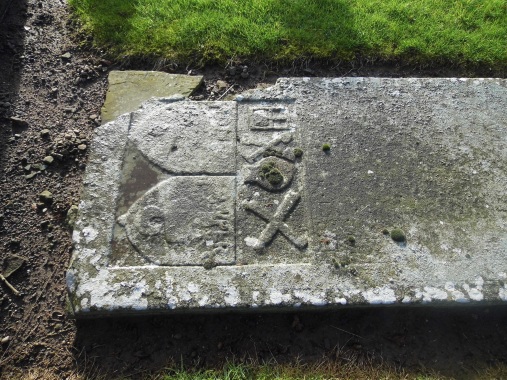Funeral related terms - words to do with death and funerals 3

DEID-CLAES
The term deid-claes evolved in Scots as equivalent to the word shroud.
DEID-BELL
In many places in Scotland certain officers or persons were given custody of a bell which was used for making announcements of deaths and funerals.
DEID-HOOSE
The Latin word mortuary meant ‘place of death’ and deid-hoose evolved as the equivalent term in Scots. The function of the deid-hoose or mortuary has also evolved over the centuries.
DEID-KIST or DEID-BOX
The word coffin ultimately derives from Greek kophinos or ‘basket’ while the word box also derives from Greek and Latin words for ‘receptacle’. The normal equivalent to these ideas in Scots is the word ‘kist’ from Old Norse ‘kista’ and related to English chest.
HEIDSTANE
For several centuries it has been the custom to mark the place of burial with a monument which we call a heidstane in Scots or headstone in English. In Northern Scots this becomes heidsteen.
MORT-KIST
Mort-kist is a variation on the word deid-kist but uses the Latin mort (death) rather then Scots deid.
THRUCHSTANE
A thruchstane is different to a heidstane because it lies flat like a covering over the grave. Sometimes it rests on four feet.